Quantum computing is gradually becoming the technology that will shape the future. In the Asia- Pacific region (APAC), many countries and territories such as China, Japan, India, South Korea, Singapore, Australia, Taiwan - China... are leading in quantum computing thanks to supportive policies and rapid application speed.
However, according to Kaspersky, this development is two-sided: it opens up the opportunity to create a post-quantum encryption standard, but also threatens to break current security methods.
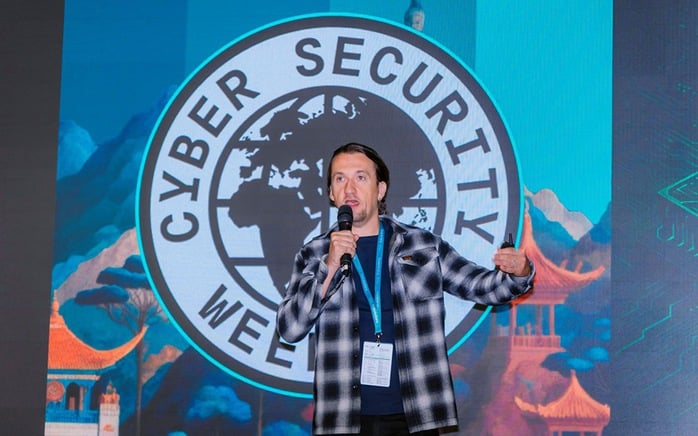
Mr. Sergey Lozhkin, Head of Kaspersky Research Center for APAC and Middle East, Türkiye and Africa
Sergey Lozhkin, Head of Kaspersky Research for APAC and the Middle East, Türkiye and Africa, said the quantum computing market in the region will grow from $392.1 million in 2024 to $1.78 billion in 2032, at a compound annual growth rate (CAGR) of 24.2%. This is an opportunity for innovation, but it also means the region is about to face a new era of cyberattacks.
The three biggest quantum risks warned by Kaspersky include:
- The first is the “store first, decrypt later” strategy. Hackers can collect encrypted data now, waiting until quantum computers are powerful enough to decrypt it. This puts diplomatic , financial, or personal information of long-term value at risk of future leaks.
- Second is the risk of breaking blockchain and cryptocurrencies. Digital signature algorithms such as ECDSA that protect Bitcoin, Ethereum and many other cryptocurrencies can be cracked, leading to forged signatures, changing transaction histories, destroying transparency and trust in the system.
- Third is the emergence of quantum-resistant ransomware. In the future, cybercriminals may apply post-quantum algorithms to encrypt victim data, making it impossible for both classical and quantum computers to decrypt. At that time, victims will have little choice but to pay the ransom.
While these threats are not imminent, preparation is essential. The transition to post-quantum encryption will take years and will require close collaboration between governments , businesses, and researchers. Governments need a transition strategy, while businesses should begin testing new security standards now.
“The risk is not only in the future, but also in the present. Data encrypted today can be decrypted later. Security decisions today will determine the sustainability of digital infrastructure for decades to come,” Sergey Lozhkin stressed.
With APAC both a center of quantum technology development and a “hot spot” for cybersecurity, building a quantum-resistant defense system is imperative. Taking action today will help the region avoid being caught off guard when the quantum era officially breaks out.
Quantum computers are a new generation of computers based on the principles of quantum mechanics to process and store information. Unlike traditional computers that only use bits 0 and 1, it uses qubits that can exist in multiple states simultaneously thanks to superposition and quantum entanglement, thereby providing parallel computing capabilities with outstanding speed.
This technology promises to solve complex problems in medicine, finance, materials and artificial intelligence, but at the same time it also poses a big challenge for cybersecurity as it can break many current encryption systems.
Source: https://nld.com.vn/may-tinh-luong-tu-co-hoi-cong-nghe-hay-moi-de-doa-bao-mat-cho-apac-196250917143621725.htm










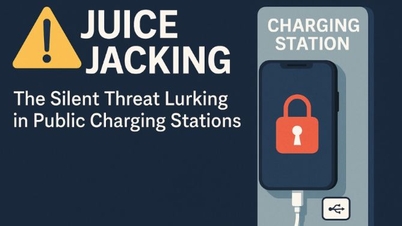

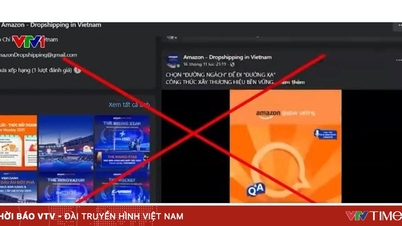
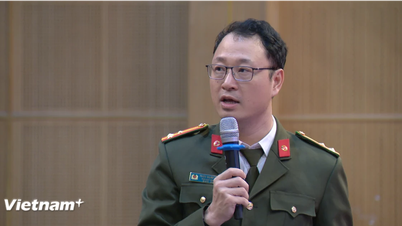



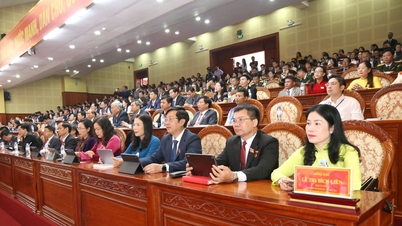



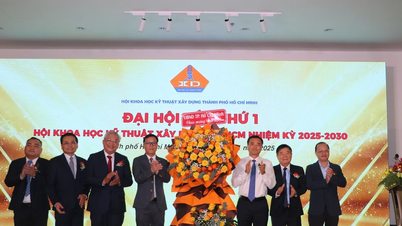
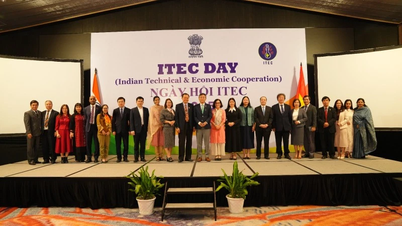

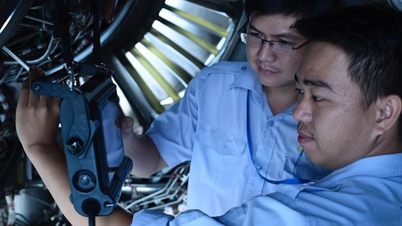
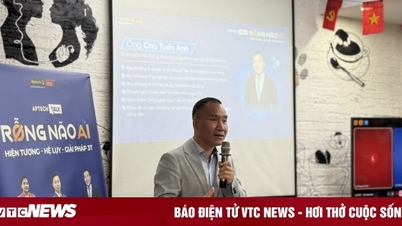

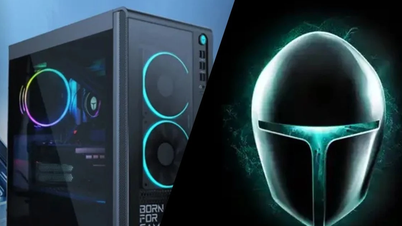






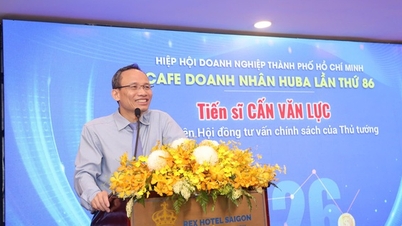
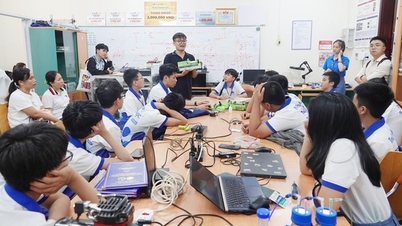








































































Comment (0)